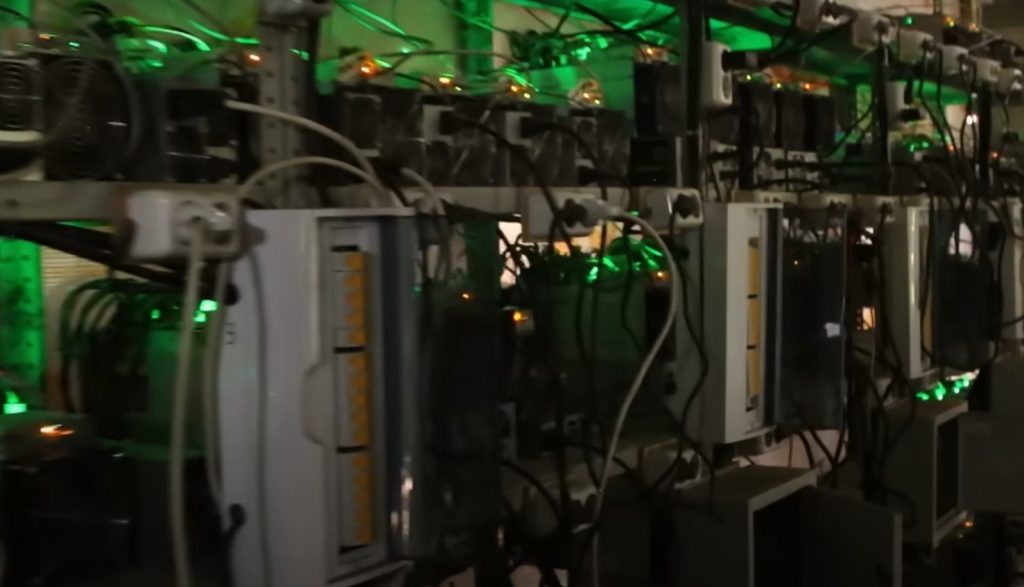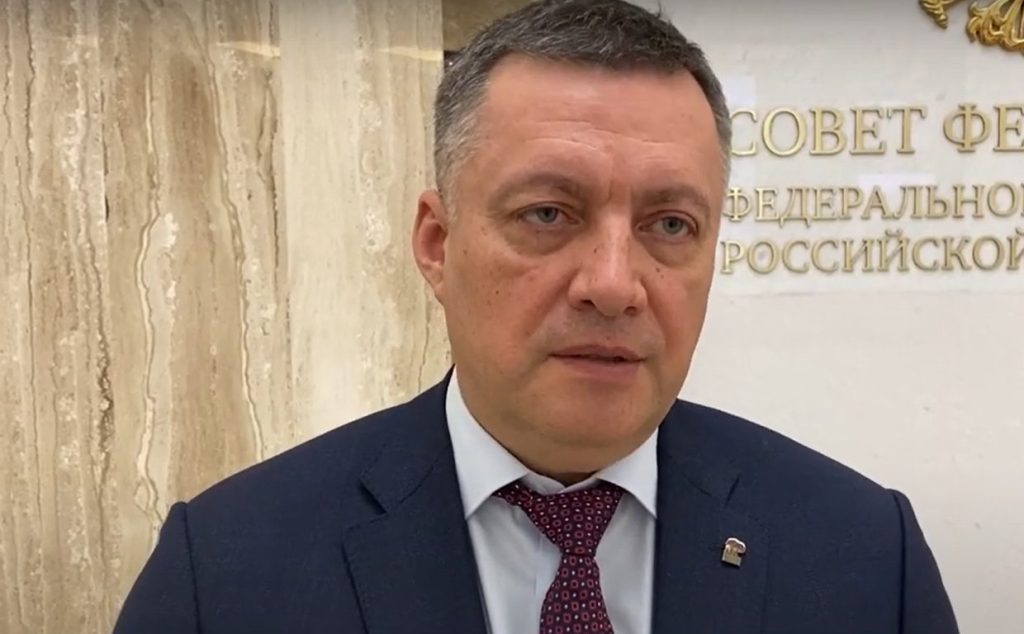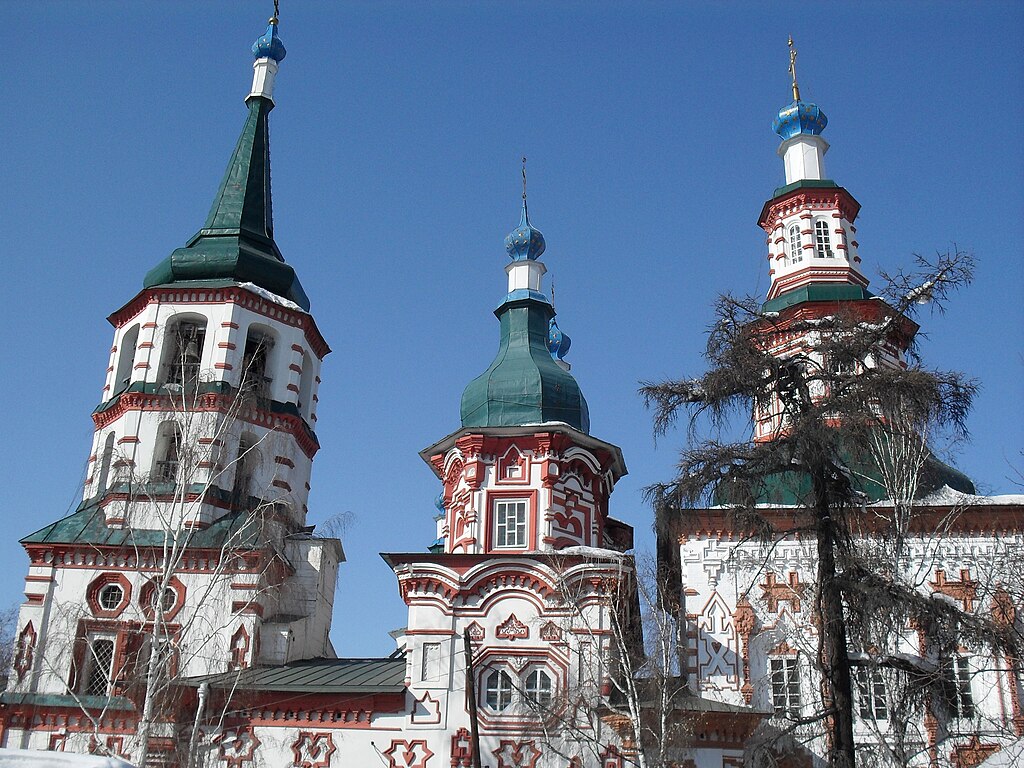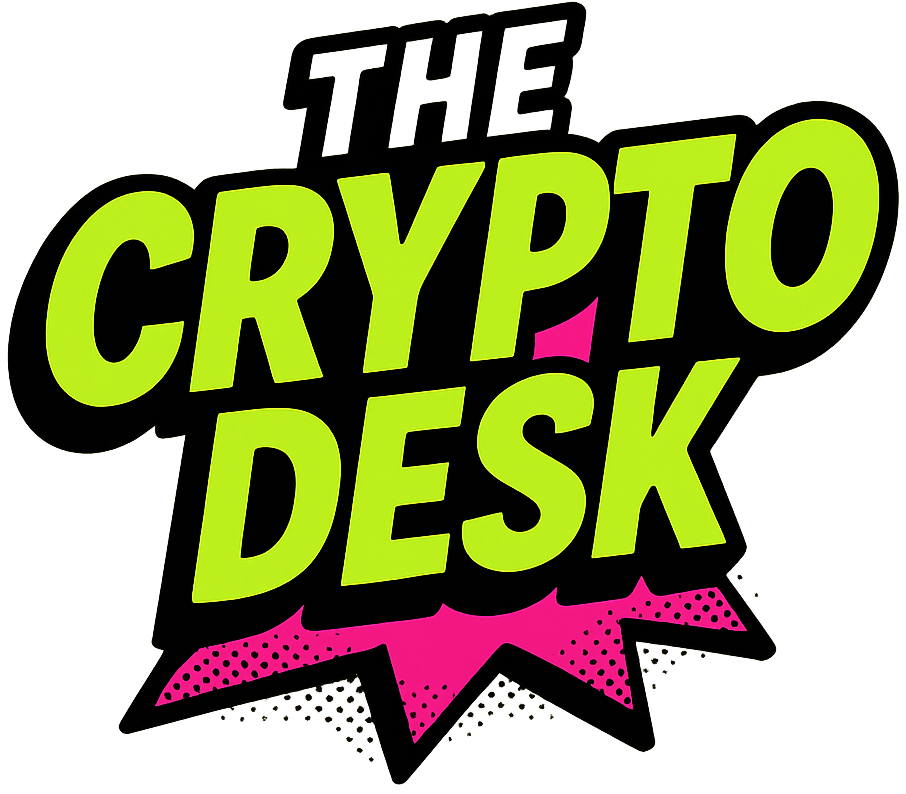Is Irkutsk Poised to Cut the Power for Crypto Miners?
In a bold move that could reshape the cryptocurrency mining landscape in Russia, authorities are considering a year-round ban on all mining activities in Irkutsk—a region renowned as the country’s largest Bitcoin mining hub. A recent report from Kommersant, a prominent Russian news outlet with close ties to the Kremlin, suggests that this ban could take effect as soon as April 1, 2025, potentially lasting until mid-2031.

Understanding the Potential Impact of the Ban
The crux of the issue lies in southern Irkutsk’s demand for electricity; the region is home to numerous mining centers consuming an enormous 650 megawatts (MW) of power. In light of growing pressures on local power grids, several individual miners have already been instructed to cease operations during the winter months, leading many to speculate on the sustainability of their presence. But will a total ban make things better or worse?
According to insiders who spoke to Kommersant, a blanket ban could force miners into a difficult position without viable alternatives given the technology and networks limitations in nearby regions. “A prohibition would effectively render us powerless,” they stated, highlighting the logistical hurdles such a mandate would create.
🔴 Trump ‘p—ed off’ with Putin as Ukraine ceasefire talks stall https://t.co/2xkkA64x13 — The Telegraph (@Telegraph) March 30, 2025
Local Governance and the Call for Action
Irkutsk’s Governor, Igor Kobzev, has been vocal about the situation, appealing to the Kremlin for a collaborative approach to manage the energy demands of miners versus the socio-economic needs of the community. In a correspondence earlier this year, he stated that the energy consumed by miners should instead be allocated toward fulfilling vital regional developmental goals.

The press has reported that although the Ministry of Energy did not respond for official commentary, President Putin expressed a willingness to consider Kobzev’s concerns at a recent summit regarding the power industry. This interaction underscores the growing urgency of the issues surrounding energy consumption in the region and the friction it is causing among stakeholders.
Expert Opinions on the Impending Ban
Considering the implications of such a sweeping prohibition, industry experts are left pondering the future of cryptocurrency in Irkutsk. Sergei Bezdelov, leading the largest crypto mining group in Russia, the Industrial Mining Association, firmly opposes any form of outright bans, suggesting they only hinder progress and innovation.
With energy consumption in the Irkutsk region soaring by 28% over the past five years, Bezdelov’s stance finds resonance among many miners who are concerned about the destructive ripple effect that a ban could unleash.

What Lies Ahead for Crypto Miners in Irkutsk?
The current historical moment is crucial for miners in Irkutsk, as they are caught in a whirlwind of regulatory scrutiny and rising energy costs. As power bills in the region remain among the most competitive in Russia, crypto activities continue to flourish under the existing but limited conditions.
Should the expected ban be confirmed, many miners face a critical crossroads. Will they relocate to more favorable regions, or could the very nature of mining efforts in Russia see a significant transformation? Analysis suggests that the market could face serious challenges, with reports indicating that legal industrial mining operations consume 84% of the energy in the region, pointing to the substantial infrastructure already in place.
🇷🇺 A leading Russian economist has warned Moscow against developing a national strategic Bitcoin reserve, calling crypto stockpiles a “ticking time bomb.” #BitcoinReserve #Russia https://t.co/MSkCrobQPI — Cryptonews.com (@cryptonews) March 27, 2025
Conclusion: The Future of Crypto Mining in Russia
As the clock ticks down toward the potential ban on crypto mining in southern Irkutsk, the implications are far-reaching for stakeholders involved—miners, local governments, and the national economy alike. How will this shift influence Russia’s role in the global cryptocurrency ecosystem?
We encourage our readers to stay engaged and discuss the possibilities these regulatory changes might invoke. Can the Irkutsk region reconcile its energy needs with the burgeoning demand for crypto mining? Share your thoughts below!

